Teaching at home can be daunting, but it doesn’t have to, if you have the right information.
Whether you are needing Kindergarten homeschool ideas or have elementary or a kid in high school, YOU CAN BE SUCCESSFUL!
Home education is is great.
It is much better than public school, private school and even online school.
This is my personal opinion, of course, but I do feel that many share this sentiment.
Traditional school doesn’t offer as many freedoms to do things you really want to do.
There is such a great way to do homeschooling right while being successful.
If you are looking to becoming a centered, organized homeschooling parent, nurture happy, independent children and want to create smooth, successful homeschool days, then you are in the right place!
Let me know in comments what you know about this topic, what you have applied, what you have tried that worked, what you have tried that didn’t work and if you have any questions as we get into this training.
In this training, we are going to focus on 9 important tips for teaching at home that will help you so much today.
Keep them in mind and close to your heart because they can make all the difference in your homeschool journey.

As you watch or listen to this training, know that you will be able to get more information than what is included in this blog post.
I really want to encourage you to take the time to watch or listen and take notes.
This will be helpful to you now and in the future.


#1 Prepare in Advance
If you expect to teach your children at home, look at the curriculum in advance and prepare lessons for the weeks ahead, if possible.
Opt for content that’s easily accessible online, in a variety of ways, such as library, websites, etc.
Education research doesn’t have to take forever or be boring.
Keep it simple and light.
Plan a few days at a time so you can assess and decide what works best moving forward.

 Sale!
Sale!
Cactus Homeschool Planner {38 Pages}
$25.00 $9.99
This is a set of 38 pages that don’t have dates so you can use them year after year. It is a digital download in PDF form.
It includes: yearly calendars, monthly calendars, weekly calendars, inspirational homeschooling quotes, attendance, reading log, field trip log, notes, monthly planner, weekly planner by the hour, weekly planner by half hour, and so much more!
Read more about this planner and get tips on how to get organized in your homeschool HERE!
#2 Set up Starting Times
It is always a good practice to set up a routine on how to start your day.
Set time when you and your children can touch base to set your day up for success.
Your school year starts whenever you want (in most states), so you can teach kids in many ways.
Some families homeschool year-round and take breaks as needed.
Others homeschool only 4 days a week, but work longer hours.
Yet others decide to start at any time and work until done with the day’s work.
I have tried almost everything and I want to say that homeschooling year-round works best for us.
Additionally, we decided to be part of two different homeschool co-ops (groups), so we study at home 3 days a week.
Also, I have found that sticking to a starting time (9am) helps us start the day right and keep up the motivation and momentum until we are done.
This also helps us be done early enough for my children to have almost all afternoon free to play.

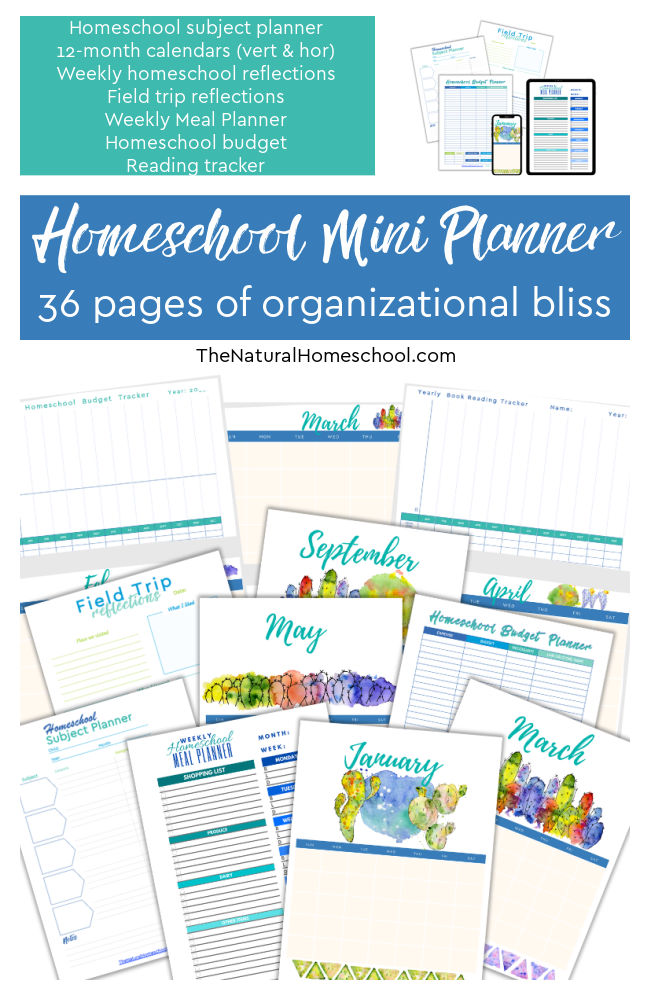 Sale!
Sale!
Reusable Printable Homeschool Mini Planner (36 pages)
$18.00 $9.99
This homeschool mini planner (36 pages) includes:
- subject planner (2 pages)
- 12 month calendars (24 pages) vertical & horizontal
- weekly homeschool reflections (1 page)
- field trip reflections (3 pages)
- weekly meal planner (1 page)
- homeschool budget (3 pages)
- reading tracker (2 pages)
#3 Schedule Break Times
The first two weeks will be focused on getting into a routine, but after that, you will want to find how long children can go for before they need a break.
Things can fall apart quickly if you don’t pay attention to when children need to rest, relax or change their activity.
Learning fun things can definitely help children stay engaged and involved in learning.
Changing up activities will also keep children from getting bored or to check out mentally.
But it is also important to understand that children have shorter attention spans.
The younger children are, the shorter their attention spans are.
So, they will need brain breaks.
Brain breaks can be completely stopping all things academic and heading outside, go eat lunch or craft activities.
Another way of giving children brain breaks can be to do hands-on things such as Science experiments or video lessons.

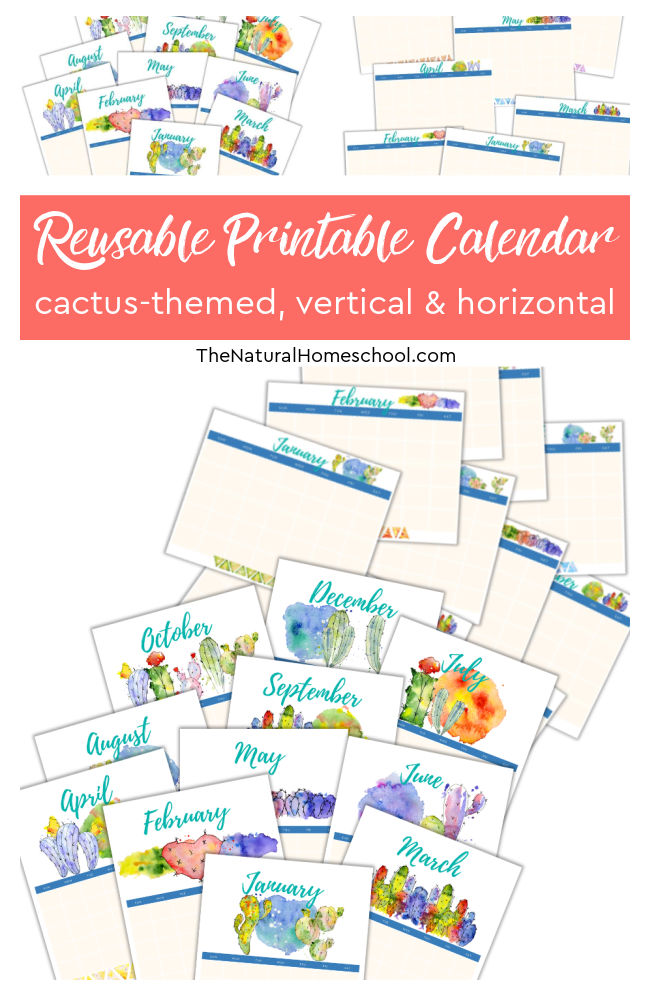 Sale!
Sale!
12-Month Vertical AND Horizontal Homeschool Calendars
$14.99 $6.99
This homeschool calendar includes one page for each month of the year.
There is one full year (12 months) of a vertical calendar and one full year (12 months) of a horizontal calendar.
It has a total of 24 pages.
The calendars are beautiful, colorful and cactus-themed.
Both come in a PDF downloadable file.
Print one page per sheet, 2 per sheet or 4 per sheet.
#4 Set up a Work Area
Set up a comfortable, well-lit area and designate it for work.
Avoid working from the couch or bed – when it is time to relax your brain might find it hard to shut off school thoughts.
Your school day will flow so much better if you have a dedicated area.
When the atmosphere encourages learning, the learning is inevitable. ~ Elizabeth Foss

#5 Include Daily Life Skills
Educating well-rounded individuals is important, so include activities in your lessons that will help them be more independent and confident.
Try cooking, woodworking, mechanics, sewing, grilling, yard work, etc.
Homeschooled children have more opportunities to help with chores or life skills around the home.
So, instead of sending the children over to play video games while you prepare a snack for them, get them involved in the process!
There is even a homeschool curriculum for children to learn kitchen skills and cooking/baking that you will find very helpful.
Remember that not only will your life be easier when your children are more independent and are able to do these kind of things on their own, but they will be able to do so much more as adults as well.
Education must not simply teach work – it must teach Life. ~ W. E. B. Du Bois

#6 Include Bonding Activities
Above anything else, you are educating your children at home so they can be closer to you and learn from you.
The things is that they are learning more from you than just academics, so come up with ideas to bond and be friends.
Trust me, do not underestimate how important this is because they are family, classmates, friends and more to each other.
Having strong relationships can last a lifetime.
When we homeschool, we are keeping the big picture in mind, not just the here and now.
When we are connected, when we feel heard, when we feel like we aren’t being force fed an education… that’s when real, passionate, fiery learning takes place. ~ Jessica Pilton

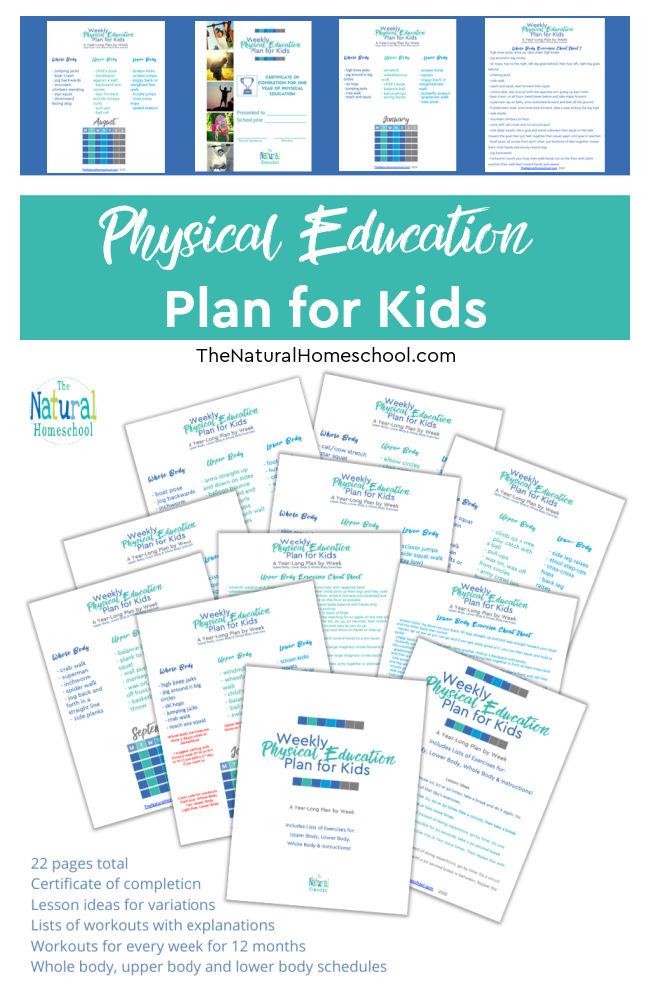 Sale!
Sale!
12-Month Weekly Physical Education Plan for Kids
$24.99 $12.99
- 22 pages total in PDF downloadable form
- Save file to your computer to use year after year
- Certificate of completion included (print one for each child)
- Lessons use minimal amount of inexpensive materials that you most likely already have at home, such as a ball, cones, jump rope for ease of preparation.
- Lesson ideas for variations according to duration desired, ability level and more
- Lists of workouts with explanations for easier understanding and less time wasted figuring it out
- Workouts for every week for 12 months
- Can be used independently by older children
- Whole body, upper body and lower body schedules
- A different list of exercises for every month of the year with few repetitions in the entire year.
EU buyers, GO HERE!
#7 Be Flexible
Be empathetic of the unique situation that you will be together ALL.THE.TIME.
This will require patience and unique adjustments on everyone, not just you.
If your children need special support, be open to their unique needs.
Find ways to get creative and make collaborative activities a regular thing in your homeschool.
It will come in handy when your children have learned to be part of a team and teamwork.
Remember that children learn in so many ways, not just through academics.
Anything, everything, can be learned if you can just get yourself in a little patch of real ground, real nature, real wood, real anything … and just sit still and watch. ~ Lauren Hutton

#8 Have Fun
Remember that you are all about learning… but you are to keep in mind that learning is all-encompassing.
Learning happens all the time, so make it fun.
Think of learning strategies, such as hands-on materials that are entertaining.
Children spell love… T-I-M-E. ~ Dr. A. Witham

#9 FIND GOOD ONLINE RESOURCES
And last, but not least, don’t forget that a good just as a strong human connection is important for support in your homeschooling journey, so is a strong connection with great online resources.
VISIT www.TheNaturalHomeschool.com and Shop.TheNaturalHomeschool.com
“The most important work you will ever do will be within the walls of your own home.” -Harold B. Lee



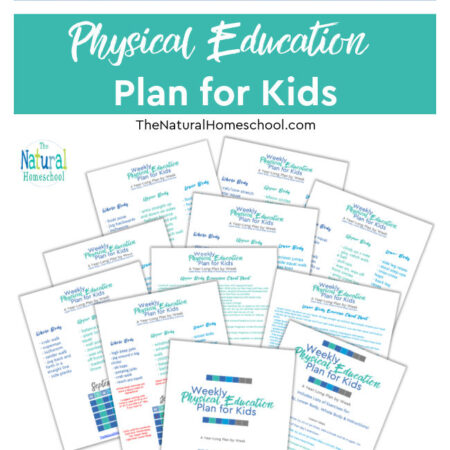
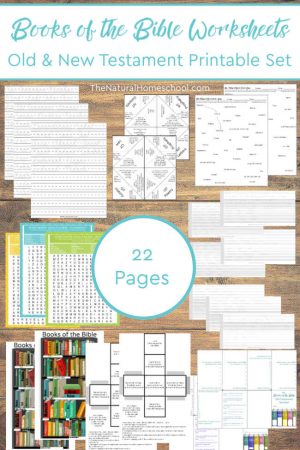
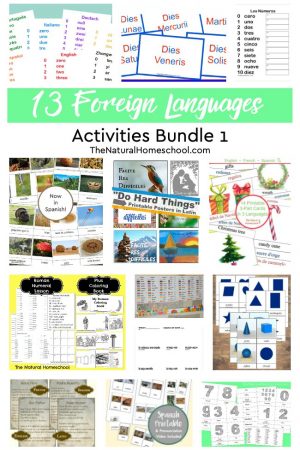









Leave a Reply